Let's remember the bright time when the multinational people of the USSR showed on TV.

A separate Soviet cultural phenomenon became the cola of the Belf.
Yakuts and Buryats were very proud of them. His famous "I will take away you in Tundra" became a business card of the singer, loved by many, and rarely who did not sing this wonderful song at the table or just on the street.
Name by passport - Nikolai Ivanovich Belda. Born in the Khabarovsk Territory in 1929 in the Nanay family of hunters.
Belings - the genus of Nanians, which live in the floodplain of Amur. By the way, it is the area only equivalent to the Far North, to Chukotka and tundra from there thousands of kilometers. Nanixes - Rally relatives Manchurov
Callant translated from the local adverium means "rainworm": Local tried to give children unpleasant names to deceive evil spirits.
Childhood was severe even at that time. Early orphaned - a 20-year-old father died on the hunt. According to the customs of those places, the boy was to be brought up in the Father's family. Mothers had to go away, leaving Nikolai grandfather and uncle. Somehow the child fell through the forest fell into a pit, where he promoted a long time. After that he became a bar. In order to sing, because when he sang, the stutter was held.
Reaching Khabarovsk, hid in the coal box under the train car, where he found military sailors. I spoiled, took with you to Vladivostok. There the Belda attributed to himself for two extra years, he was taken to serve Junga in the Pacific Fleet. I managed to participate in the Soviet-Japanese war, in hostilities when the liberation of Korea.
Marked by many orders and awards, including quite a rare medal Nakhimov.
For rumor, on the radio, I learned a few Aria and fully bred them. Boatswie accidentally heard him, sent to artistic amateurness. Next, we went to performances in the song ensemble and dance of the Pacific Fleet.
After the war he graduated from an external music school. The life of the Belda earned, working by a motorist-dieselist on a trashman of the Pacific Fleet.
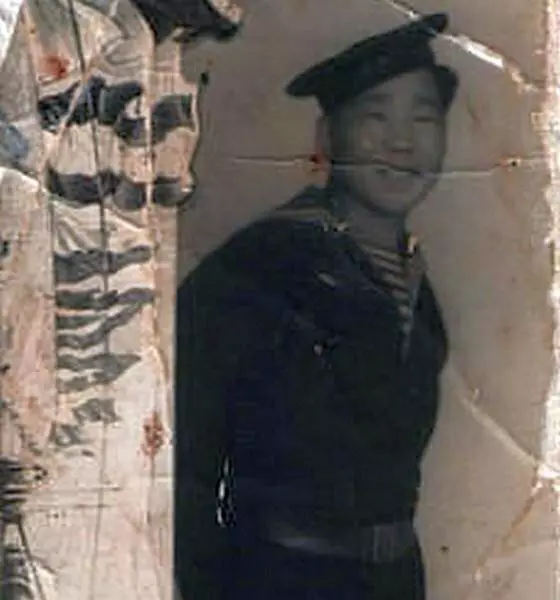
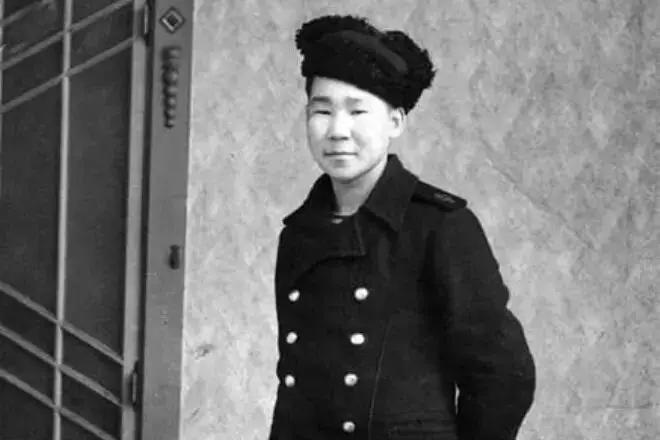
The musical vocation did not leave Nikolai: he entered the Saratov State Conservatory (by education - the opera singer). At the same time, he worked on a machine-tool factory and in the local Dramaater.
Next, he acted as part of the ensembles, on stage, participated in the contests of young performers. He became visible after the youth festival in Moscow, as a representative of the Northern People with a unique repertoire. Even Matters of the Minister of Culture of Furtsev and Sergey Mikhalkov started talking about young talent. Cola was invited to the creative association "Moskoncert".
Then still on the stage there was no such genre of ethnic music. Belings made Nanayan flavor to pop songs or took the songs of shamans by adding modern processing. Concerts were held with anchlage.
Cola worked immediately in two directions. There were well-known "pop" songs, and there were also folk songs by Sámi, Chukotka, Khanty, etc.
At the age of 30, 1960, starred in the episodic role of Student-Shaman in the film "Russian Souvenir":
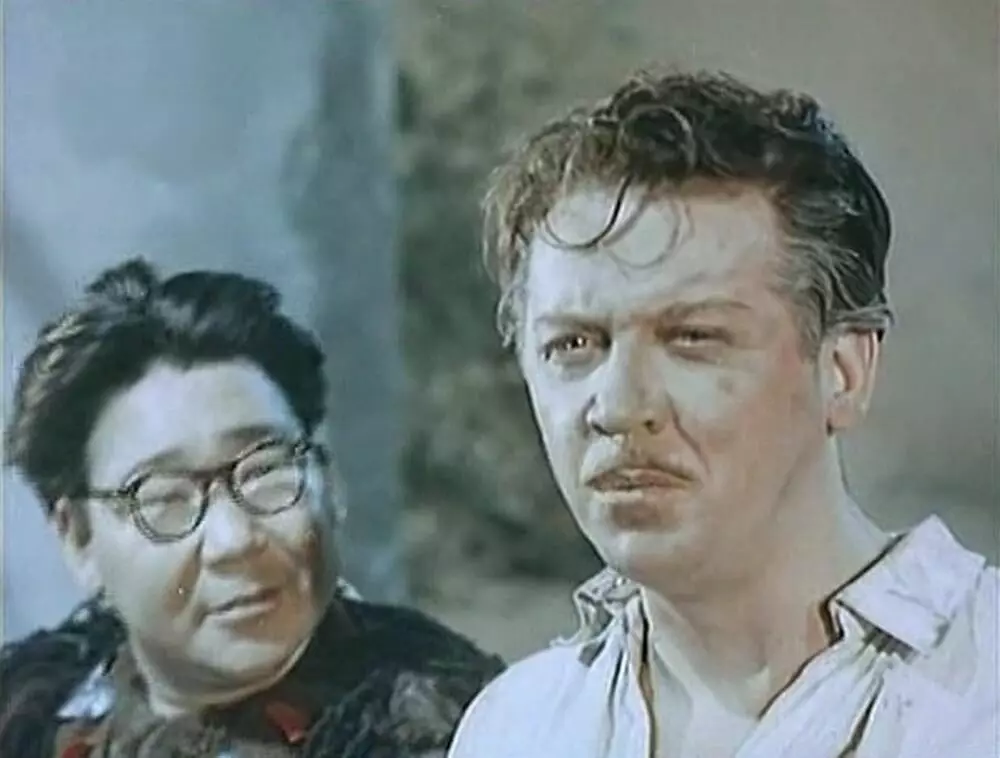
It was also often a guest of the Blue Light, becoming the personification of the good simple hardworking peoples of the North.
Since then, there has been a serious tour of the tour, stretching for 30 years. Speaking in 46 countries of the world, the Kola Belda began to be recognized in Europe (especially was noted in Paris).
The greatest popularity came on 1972-1973 with the songs "I will take away you in the tundra" and "and deer better!"
True, he wrote words and music himself. For example, the text "Songs on deer" wrote Kostyukovsky (many years of screenwriter L. Gaiday, his co-author for "operations s").
In 1973, he had a major role in the film Akira Kurosava "Dersu Uzala". The director of the film from the Soviet side, Vladimir Vasilyev, Veteran Mosfilma, told:
It seems that Soviet jokes about Chukchch must be grateful to the Poland (he, by the way, and often told them). With his bright artistry and voice, he attracted the attention of the whole world to the peoples of the Far North.
But a couple of not such famous, but very interesting songs of the Belda:
Psychedelic in Soviet, "Tale of the Sun-Bubne", an unofficial clip, frames are borrowed from the Lenfilmovsky "City and Song":
Just at the collapse of the USSR, the artist wished retired. He moved from Moscow closer to the land of his ancestors of Nanaysev in Khabarovsk. For the third time, he married, on Nanike Olga, the doctor of the children's clinic, for 30 years younger than him. The girl did not even have to change the surname, she was already in the Belda.
In early 1991, he, 61-year-old, was born daughter Elena.
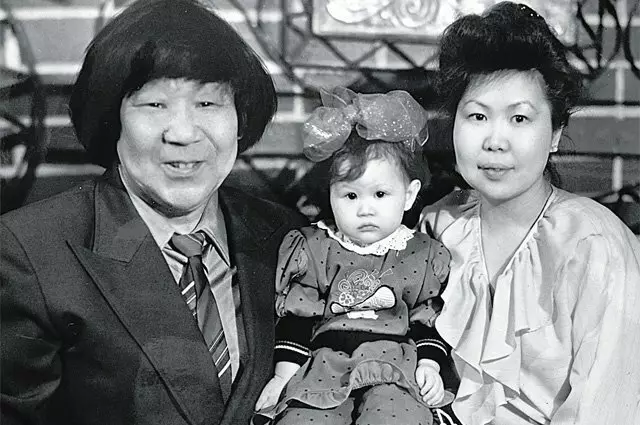
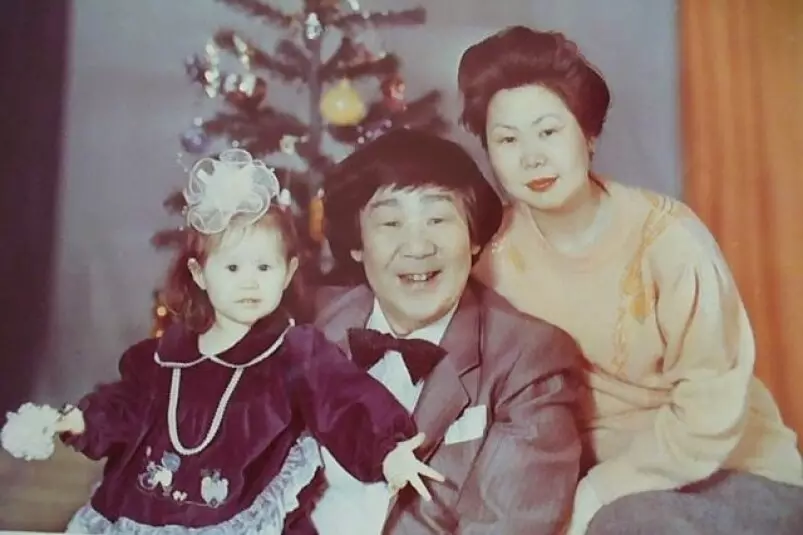
Died from a heart attack at the end of 1993. Buried there, in Khabarovsk. His widow organized the Poland's Public Foundation, engaged in creativity, painting and many public projects.
One of our favorite singers of the Soviet Union, original and talented. Through the songs of the cola of the Belf, we studied the north, small nations, the polar circle, small cities, rivers (Pechora), reindeer herding, fisheries. In several stitches, the life of the charming people was painted. After these inspirational songs, I wanted to look at the extreme north, the northern lights.
